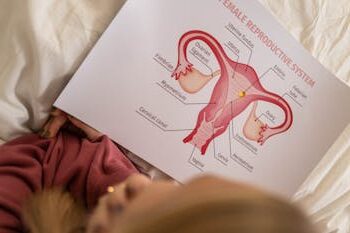Women's Health and Gynecology Services

Annual Well Woman Exams:
Well-Woman Exam: Prioritizing Your Health
An annual well-woman exam is key to maintaining your overall health. This routine visit focuses on preventive care and addresses various aspects of your reproductive, sexual, and general health.
Your provider will review your medical history, conduct a physical exam, and perform screenings like breast exams, pelvic exams, Pap smears, or HPV tests. Depending on your age and needs, the visit may also cover topics like contraception, menopause, and lifestyle advice.
This exam offers a valuable opportunity to discuss any health concerns and ensure you’re up to date on essential screenings and vaccinations. Taking the time for this yearly check-up helps catch potential issues early and supports your long-term well-being.
Stay proactive about your health—schedule your annual well-woman exam today

Birth Control and Family Planning
Understanding Birth Control: Your Options
Birth control is an essential tool for managing reproductive health and planning your family. There are many options available, each designed to fit different lifestyles and needs. Common types include hormonal methods like the pill, patch, and injections, which regulate hormones to prevent pregnancy. Long-acting reversible contraceptives (LARCs), such as intrauterine devices (IUDs) and implants, provide reliable, long-term protection without daily attention.
Barrier methods, like condoms and diaphragms, prevent sperm from reaching the egg and also offer protection against sexually transmitted infections (STIs). Natural family planning, or fertility awareness methods, rely on tracking ovulation to avoid pregnancy. Permanent solutions, such as sterilization, are available for those seeking long-term prevention.
Choosing the right birth control depends on your health, lifestyle, and family planning goals. Consulting with a healthcare provider ensures that you select the safest, most effective method for your unique needs.

Menopause and Hormone Managment
Menopause and Hormones
Menopause marks the end of a woman’s reproductive years, typically occurring between ages 45 and 55. As hormone levels decline, symptoms like hot flashes, night sweats, mood swings, and vaginal dryness can disrupt daily life. While menopause is a natural process, its symptoms can vary in intensity.
Hormone Replacement Therapy (HRT) is an effective treatment for relieving menopausal symptoms by replenishing the body’s estrogen and progesterone levels. HRT can be administered through pills, patches, creams, or gels, depending on individual preferences and needs. It can reduce symptoms like hot flashes, improve mood, and help maintain bone density, reducing the risk of osteoporosis.
However, HRT isn’t suitable for everyone and may carry risks, including an increased likelihood of blood clots, stroke, or certain cancers. It’s important to consult with a healthcare provider to weigh the benefits and risks and determine if HRT is the right option for managing menopause symptoms.



